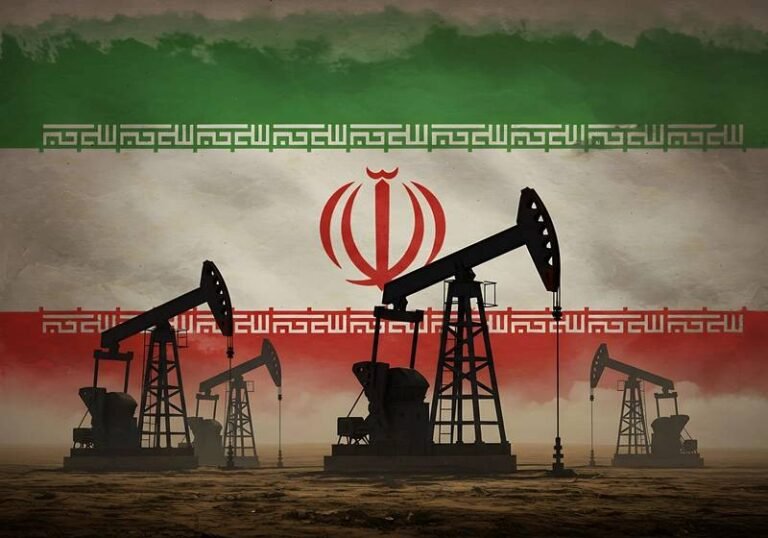The Changing Dynamics of Energy Markets: Lessons from the Israel-Iran Conflict
As the Israel-Iran war unfolded, the world watched closely to see how it would impact oil prices and global crude supply. The outcome revealed a significant shift in the efficiency of energy markets and the diminishing influence of Middle East politics on oil prices.
When Israel launched a surprise attack on Iran, oil prices experienced a noticeable but relatively modest increase. Benchmark Brent crude prices rose from below $70 a barrel to a peak of $81.40 following the United States’ strikes on Iranian nuclear facilities. However, prices quickly dropped after Iran’s measured retaliation and the announcement of a ceasefire between Israel and Iran.
Despite fears of a disruption to oil flows through the vital Strait of Hormuz, which did not materialize, the market remained stable. This demonstrates a growing resilience to geopolitical tensions in the region.
The Shrinking Risk Premium
The 15% swing in oil prices during the conflict highlights a significant reduction in the risk premium attributed to Middle East geopolitical tensions. In contrast to past incidents that led to substantial price spikes, the market’s response to the Israel-Iran conflict was relatively subdued.
This shift can be attributed to several factors, including improved access to real-time information and technology that allows traders to better monitor supply and demand dynamics. Additionally, producers in the region have taken proactive measures to mitigate the impact of potential disruptions, such as building alternative export routes and storage facilities.
Shifting Fundamentals
Another key factor in the diminishing concern over Middle East oil supply disruptions is the changing landscape of global oil production. With the rise of new oil-producing regions like the United States, Brazil, and Canada, the Middle East’s share of global oil supply has declined significantly. This diversification has helped stabilize the market and reduce dependence on Middle East oil.
Overall, the Israel-Iran conflict serves as a reminder that the link between Middle East politics and energy prices is evolving. While geopolitical risks may continue to rise, the impact on energy prices is no longer as pronounced as it once was.
As we navigate this new era of energy markets, it is essential to stay vigilant and adapt to the changing dynamics of the industry. By understanding the factors that influence oil prices and supply, we can better anticipate and respond to future challenges.
Source: Reuters by Ron Bousso; Editing by Toby Chopra

